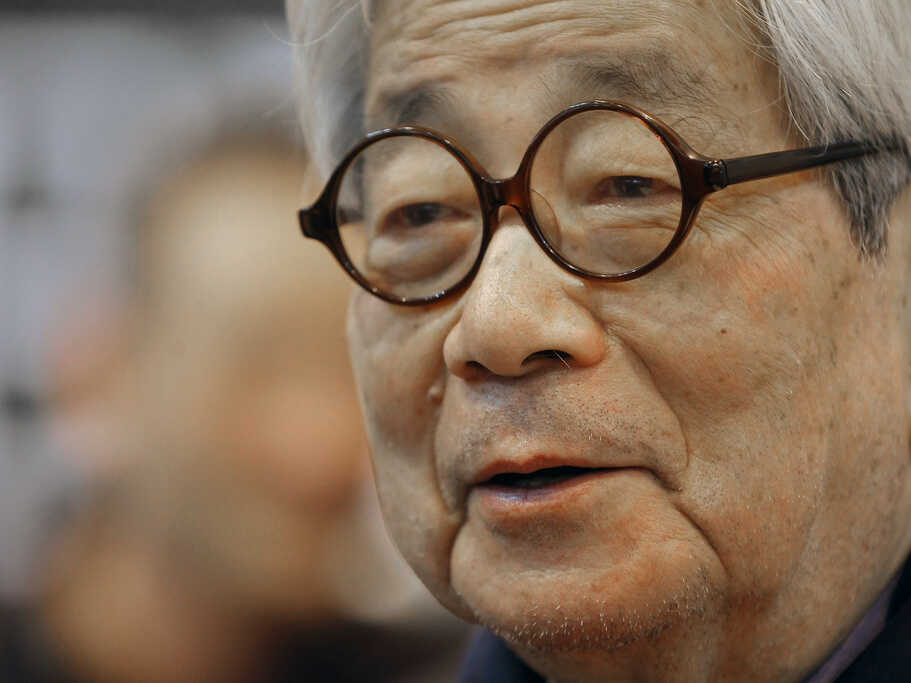Nobel laureate & anti-war writer Kenzaburo Oe dies

The Japanese anti-war activist, Kenzaburo Oe, who won the Nobel Prize for literature with books about the horrors of war and his disabled son, died at the age of 88.
Oe whose strident opposition to nuclear weapons and nuclear power earned him a name, died due to old age on March 3, his publisher Kodansha said. His vivid memories of the wreckage of war as a 10-year-old when Japan was defeated in World War II became the subject of his anti-war tirade.
When he was in school, he was asked every day if he was willing to die for the Emperor and felt shame when realising in bed at night that he was not.
Later, the author devoted his life to spreading the message of peace. He admitted to being disturbed by gruesome tales of the atomic bombing of Hiroshima and noted how his shock at what he had heard may have been his inspiration for becoming a writer.
Oe was forthright in criticising his country's stance on war and former Prime Minister Shinzo Abe’s efforts to revise Japan’s pacifist constitution.
Japan bore “some” responsibility for the war, he said in a 2014 interview.
“This war, in which so many large powers were involved, caused great suffering for people all over the world... And it is a reality that within this immense war, nuclear weapons were created and used.”
Much of his literary works were driven by his brain-damaged son Hikari, who was for years unable to communicate with his family but, as an adult, became known as a composer.
Several of Oe’s books have characters based on Hikari. A number of these books were recognised on the big stage when he won the Nobel Prize in 1994.
In a 2014 interview, he said, “Although I myself am perhaps quite a dark novelist, I believe that my novels also show a kind of trust in human beings. And this has come from my son.”
Oe, who was born in Shikoku, the smallest of Japan’s main islands, as the third son of seven children, struggled after his father died suddenly in 1944 at home. The author often spoke of his mother, who raised him. His mother bought him books like Huckleberry Finn.
At Tokyo University, he studied French literature. His literary genius began to be appreciated as he started publishing stories while still a student and won the Akutagawa Prize, a career-launching award for new writers, in 1958.
These were followed by a steady stream of work, including books on the bombings of Hiroshima and Nagasaki. He raised his voice against the monarchy and refused to accept the prize from the Emperor. “I do not recognise any authority or any value higher than democracy,” he said.
A lifelong pacifist, Oe took note of the Fukushima nuclear accident and said that Japan had “a sacred duty” to renounce nuclear power, the same way it renounced war under its constitution.
In 2013, an anti-nuclear rally in Tokyo organised by him found many takers across Japan. In 2015, he spearheaded a movement that was joined by thousands to protest moves by Abe to let Japanese troops fight abroad.


